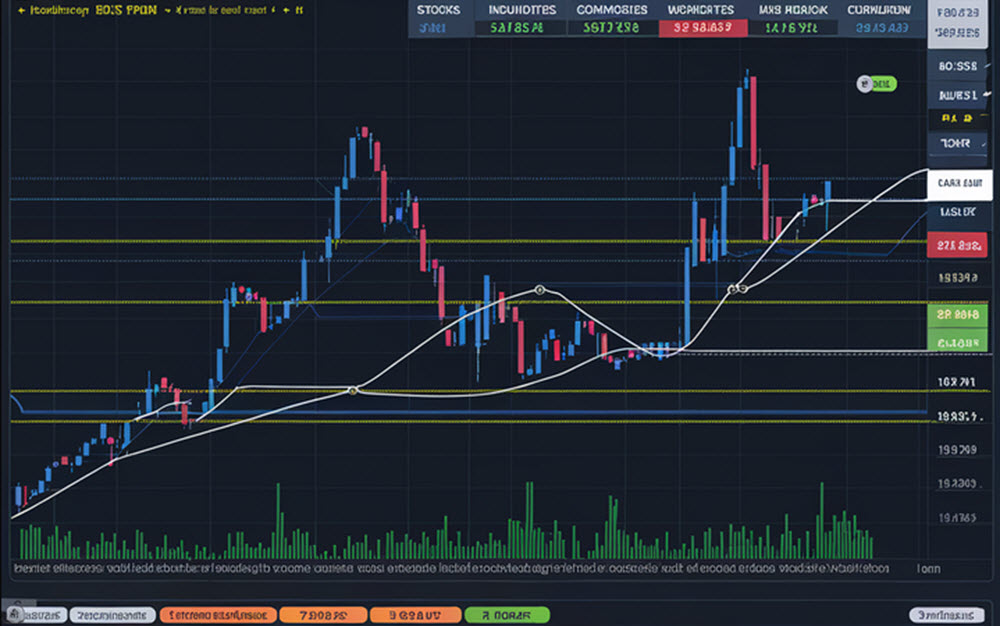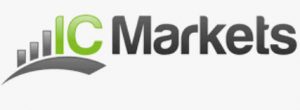TOC:
Contract for Difference (CFD) trading is a legitimate financial instrument that allows traders to speculate on the price movements of various assets without owning them. However, like any financial market, it is crucial to distinguish between legitimate trading platforms and potential scams.
CFD trading itself is not a scam; it is a widely recognized and regulated practice in many countries. Reputable financial regulators, such as the Financial Conduct Authority (FCA) in the UK and the Australian Securities and Investments Commission (ASIC), oversee and regulate CFD trading to ensure fairness and transparency.

Risks and Considerations
High Risk
CFD trading is highly speculative and can lead to significant losses, particularly for inexperienced traders. If you use leverage for your CFD trading, remember that it amplifies both potential profits and potential losses.
Market Volatility
The volatility of the underlying assets can lead to rapid changes in the value of CFDs, requiring careful risk management and constant monitoring.
Potential for Fraud
While CFD trading itself is legitimate, there are fraudulent brokers and platforms that can mislead traders.
Here are a few examples of things to be aware of. None of them are specific to CFD trading; they are points that are great to consider for many types of trading.
- Brokers and those who market brokers can promise unrealistic returns and downplay risks. Always do your own research and calculations.
- Brokers can be willfully vague and obtuse about the true terms and conditions. Make sure you read the fine print to avoid surprise fees that will eat away your profits.
- Be wary of bonus offers and make sure you understand them 100% before you accept any bonus money. Many CFD brokers have dropped their big bonuses for retail clients now, since such bonuses are outlawed in many jurisdictions. Some brokers licensed in more laissez-faire jurisdictions still have them, so you need to be aware. Bonuses typically come with a trading requirement. Depending on the terms, your account may be frozen (no withdrawals permitted) until you have reached this requirement, and you may feel prompted to engage in risky trades outside your normal trading strategy as you strive to reach the requirement.
- The CFD is a derivative and if you make a profit or not depends on the movement of the underlying asset or product. It is therefore important to have a broker that use true and exact market data. Scamer brokers can defraud their clients by using incorrect or delayed data, to make it seem like your trade was a loss and take your investment.
- There are fraudsters who pose as brokers to get access to your personal information. Since even legitimate brokers must verify your identity, fraudsters can use the cover of being a broker to get access to your personal info, a copy of your photo ID, etcetera. Identity theft, credit card fraud and similar can occur.
How to Avoid Scams
Verify Regulation
Ensure the broker is regulated by a reputable authority, such as the FCA, ASIC, or another recognized body with a good reputation for safeguarding the traders.
Check the broker’s credentials and regulatory status with the regulator. Anyone can put a little stamp on their webpage claiming to be a regulated broker.
Research the Broker
Look for reviews and feedback from other traders. Be cautious of brokers with a disproportionally big number of negative reviews or unresolved complaints, or when a lot of traders are raising the same issue over and over again.
Note: All real brokers will have some bad reviews, this is normal. Not having any visible complaints online is actually more of a red flag.
Transparency
Choose brokers that provide clear information about their fees, trading conditions, and terms. Avoid brokers that do not disclose important details, or that pressure you into making quick decisions (ensuring you do not have time to investigate them and their terms).
Conclusion
CFD trading is not inherently a scam, but it carries high risks and requires careful consideration. To trade safely, ensure you use a regulated broker, conduct thorough research, and understand the risks involved. By taking these precautions, you can protect yourself from potential scams and make informed trading decisions. As always, it is also a good idea to have a solid risk management strategy in place before you start putting any money at risk – and do not risk money you can not afford to lose.
This article was last updated on: October 14, 2024
CFD Broker Reviews
-
CFD Guides
- How to Build a Long-Term CFD Trading Plan
- The Future of CFD Trading: Trends and Innovations
- The Psychology of CFD Trading: How to Control Emotions
- Regulations and Legal Aspects of CFD Trading in Different Countries
- How to Test a CFD Trading Strategy with a Demo Account
- CFD Scalping Strategies: Pros and Cons
- The Effect of Economic News and Events on CFD Markets
- The Role of Fundamental Analysis in CFD Trading
- Understanding Short Selling in CFD Trading
- How to Read and Analyze CFD Charts
- Swing Trading vs. Day Trading with CFDs
- Best CFD Trading Strategies for Beginners
- How to Trade CFDs on Cryptocurrencies
- The Impact of Market Volatility on CFD Trading
- Understanding Overnight Financing and Holding Costs in CFDs
Forex Guides





Deposit money to your broker
Archives

